
by California Casualty | Educators |
As school districts across the country work on reopening plans for the fall, most teachers are being left in the dark about what back to school will look like for the upcoming year.
A few have even taken to making (hilarious) memes about the rollercoaster the pandemic has had educators on since the beginning of spring.
Put a smile on your face and read our favorite Instagram memes made by teachers about their schools’ reopening plans below!
The reality of not knowing what your districts plans are:
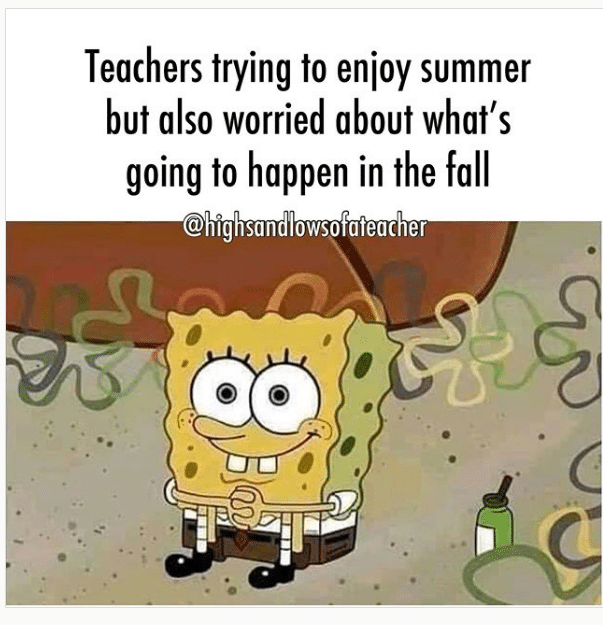
Best teacher memes
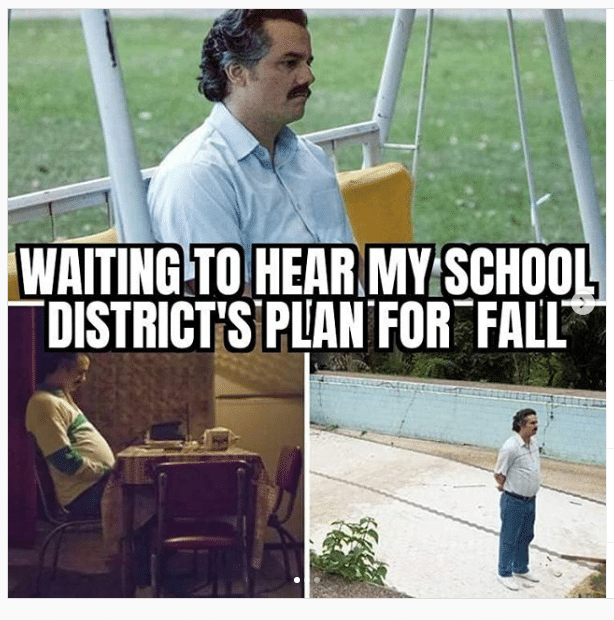

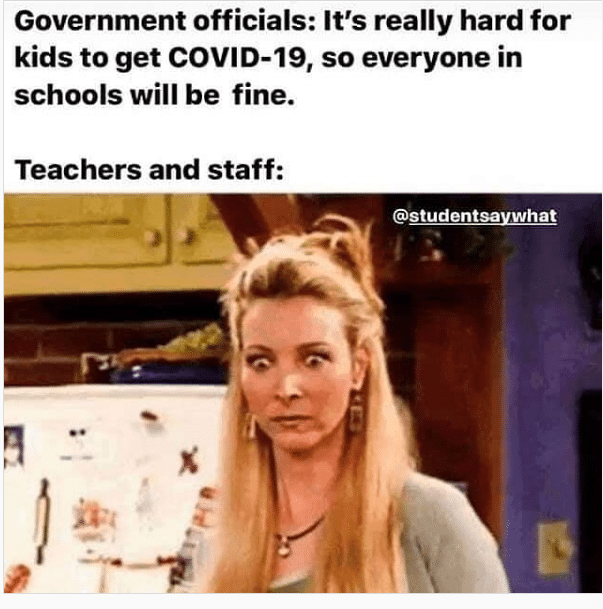
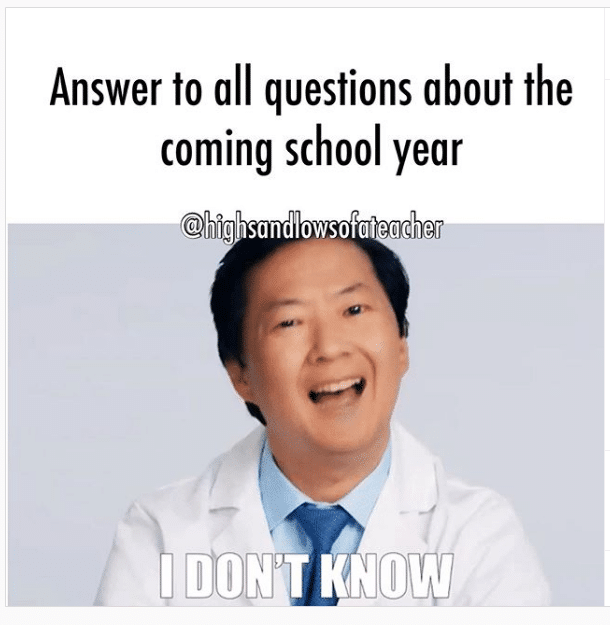
When the first day of school inevitably rolls around:
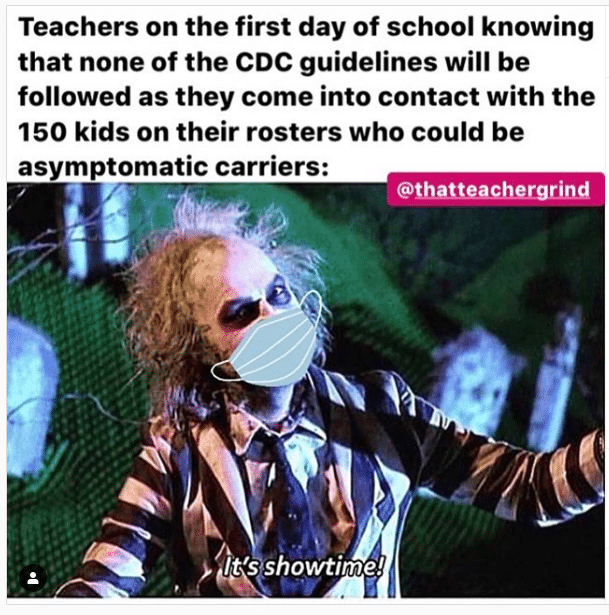
https://www.instagram.com/p/CCRsh7gpnVa/?utm_source=ig_web_copy_link
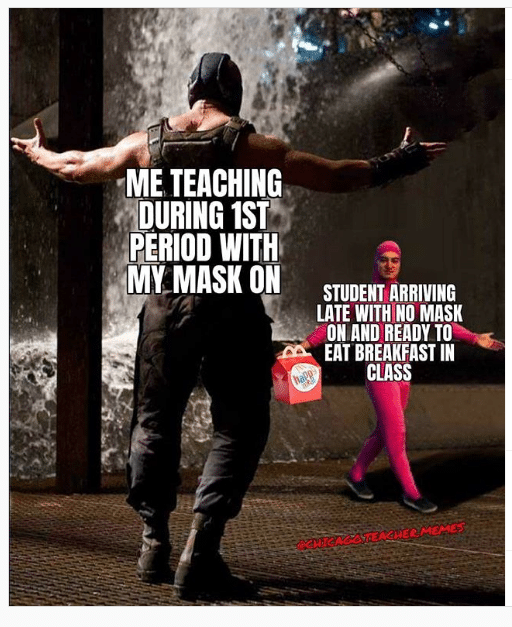
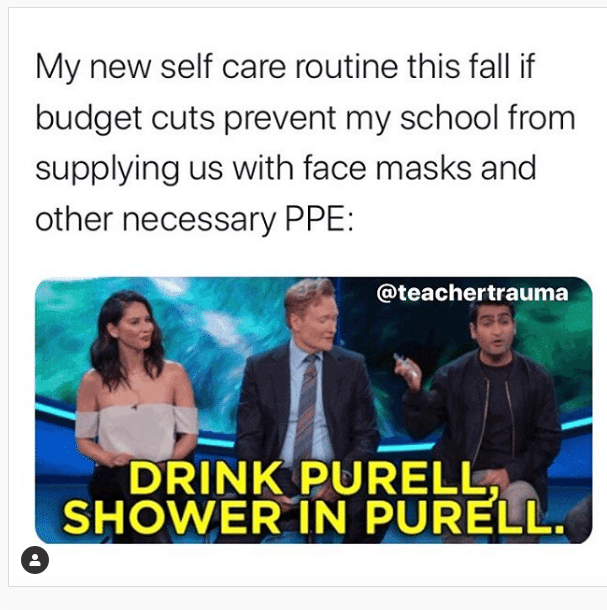

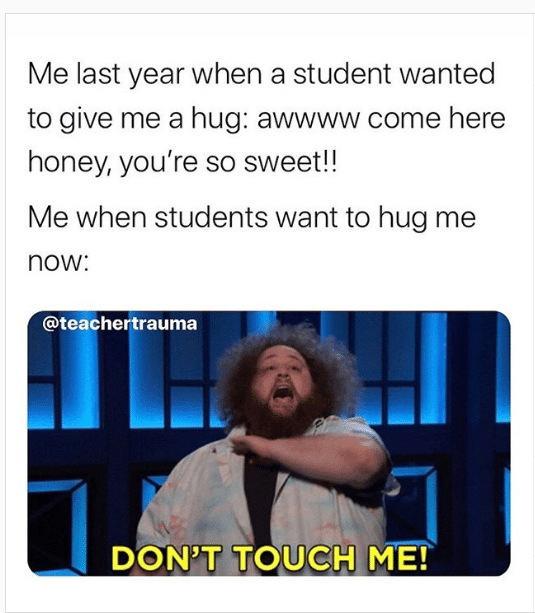
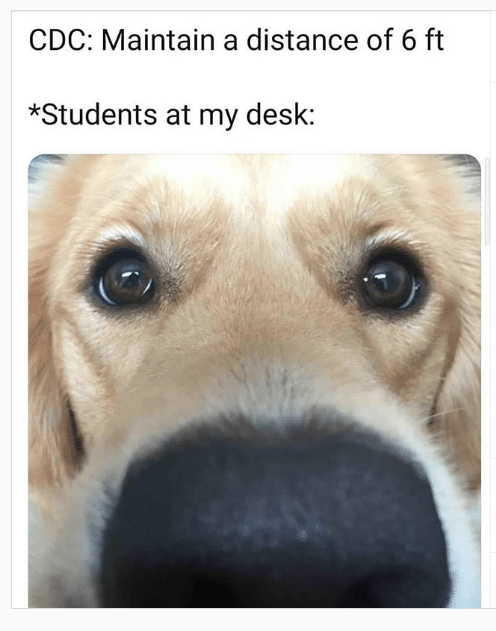
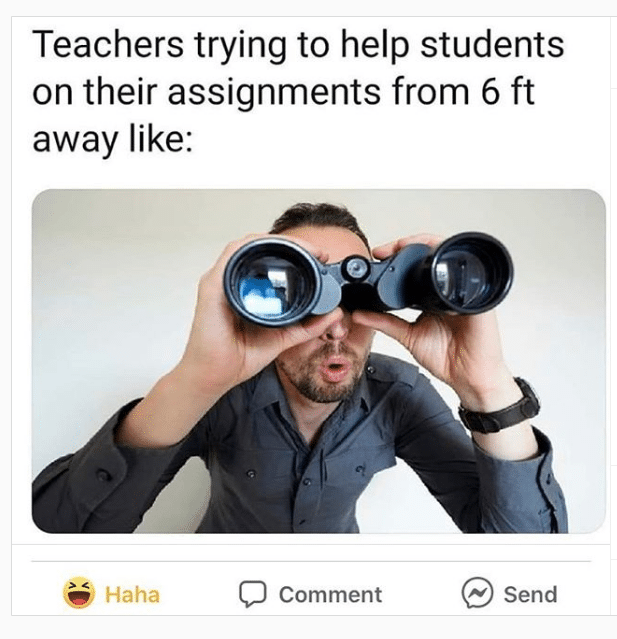
An ode to the 2019-2020 school year:
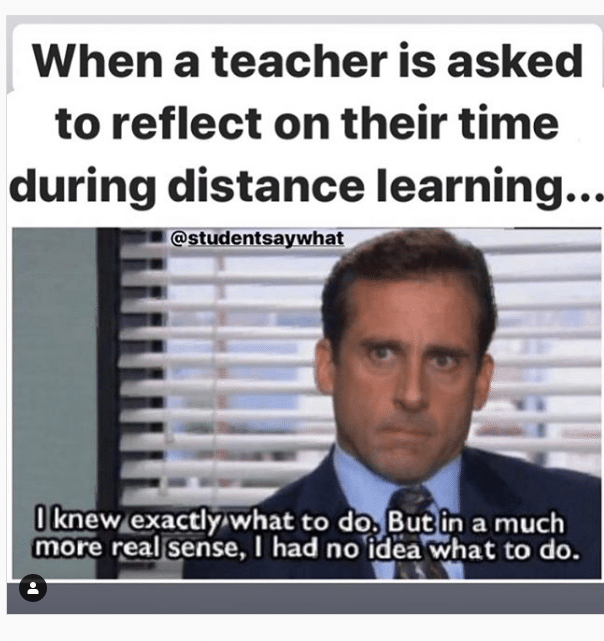

https://www.instagram.com/p/CAnyAxypHvB/?utm_source=ig_web_copy_link

And finally…

This article is furnished by California Casualty. We do not own the right to any of the photos in this post. California Casualty has been providing auto and home insurance to educators, law enforcement officers, firefighters, and nurses. Get a quote at 1.866.704.8614 or www.calcas.com.
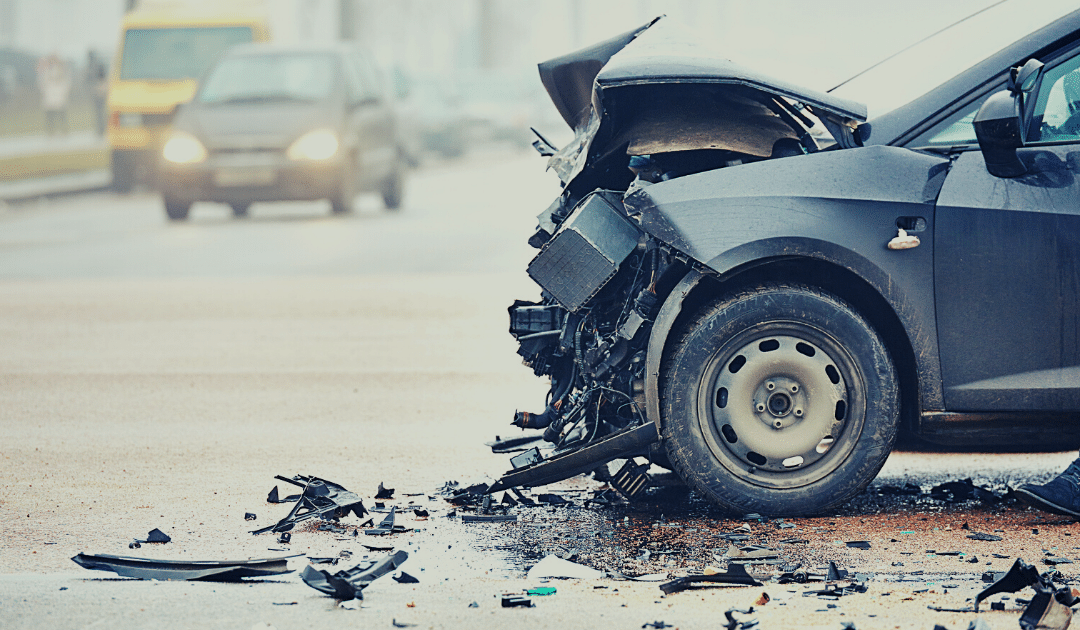
by California Casualty | Auto Insurance Info, Safety |
Less traffic has been hitting the roads, but cities and states across the country are actually seeing an increase in accidents- in adults and in teens. Fatal accidents involving teenagers has already hit an all-time high. Preliminary data from The National Safety Council indicates a 14% increase nationwide in fatal miles driven in the spring of 2020, compared to 2019.
While many people across the country stay inside and continue their “new normal” – working from home and only leaving the house when necessary, drivers on the less crowded roadways may be prone to take advantage of open lanes of traffic by driving recklessly, resulting in fatal accidents.
States all across the country have experienced increases in roadway deaths including California, Arkansas, Connecticut, Illinois, Louisiana, Nevada, New York, North Carolina, Oklahoma, Tennessee, and Texas.
If you have to get back on the road, follow these safety tips to avoid a deadly collision.
Brush Up on Traffic Rules & Regulations
It’s never a bad idea to re-familiarize yourself with traffic laws, especially if it’s been a while since you’ve been behind the wheel. Before you get back on the road, take some time to go over basic traffic rules and regulations for your state, and minimize the risk of getting in an accident.
Don’t Speed
Speeding is a bad habit that most of us are guilty of, and when traffic is light the urge to speed increases (especially on the interstate). Not only is speeding against the law, but it also makes the road extremely dangerous for everyone on it. Speeding alone causes over 100,000 deaths every year. With clear roadways during the pandemic, more drivers are speeding to get to their destination causing fatal accidents. Avoid injuring yourself and/or others, and don’t speed.
Drive Defensively
It’s more important than ever to stay alert and aware when you are on the road. Defensive driving is a set of driving skills that allow you to defend yourself against possible collisions caused by other drivers. These skills include: preparing to react to other drivers, avoiding distractions, and planning for the unexpected. You should always drive defensively, even if you are obeying all of the traffic laws, because other drivers may not be.
Watch Out For Pedestrians
In the early months of the pandemic, we saw more and more people turn to walking and biking for socially distant exercise, and many people have kept up with these healthy habits. When you are behind the wheel stay alert and keep an eye out for pedestrians that may be biking in streets or using crosswalks.
Educate Your Young Driver
Every May – September is considered the “100 Deadliest Days” for young drivers, as many hit the road for the first time (even during the pandemic). Teens are inexperienced behind the wheel, which makes them more susceptible to reckless and distracted driving – the number one killer of teens in America. Pair inexperience and reckless driving with an increase in fatal accidents and you have a recipe for disaster. Before your young driver gets behind the wheel this summer, educate them on following the rules of the road, even when there is no traffic. For more tips on teaching your teen driver click here.
Lastly, Make Sure You Have the Proper Coverage. Although this will not help you avoid a collision, it will save you time and money in the event you do get into an accident. While collision rates are on the rise, it’s important, now more than ever, to have the right auto insurance protection for when you get back on the road. This will not only help with out-of-pocket expenses due to an accident, but it will also give you peace of mind knowing that your insurance is one thing you don’t have to worry about during these trying and uncertain times.
Drive smart and stay safe. For more auto insurance tips click here.
This article is furnished by California Casualty, providing auto and home insurance to educators, law enforcement officers, firefighters, and nurses. Get a quote at 1.866.704.8614 or www.calcas.com.
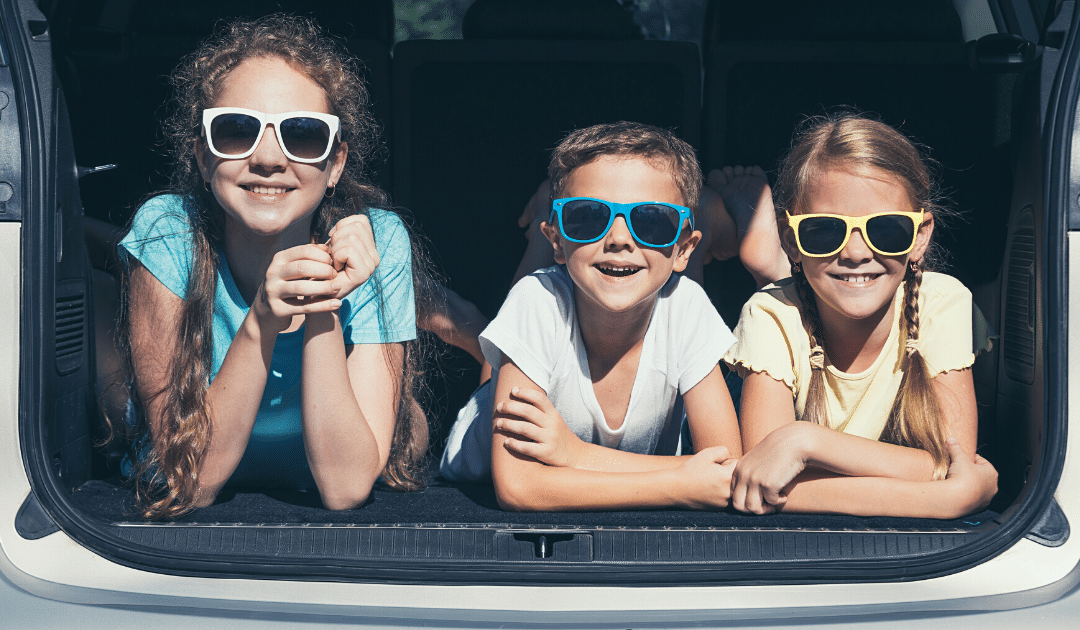
by California Casualty | Auto Insurance Info, Safety |
Whether summer road trips beckon or you’re resuming more pre-quarantine activities, increased highway time with your tiny-passenger crew means revisiting best practices for safety.
Check out the following tips for keeping kids safe while in your ride. We’ve also gathered some strategies for keeping your car’s interior safe (and clean) from those same tiny passengers.
The Safety Basics
-
- Always use a car seat. Car seats are designed to protect children from injury or death during vehicle collisions, so choosing the right one and installing it properly tops the list. Check the car seat laws in your state here, and refer to the National Highway Traffic Safety Administration for an in-depth guide on car seats and booster seats.
- Activate child locks to prevent any dangerous mishaps with children accidentally opening doors.
- Use the window locks to keep children from playing with the controls and potentially getting their hand, arm or hair caught in a rolling window.
- Secure safety belts. If there are any unused, loose belts within arm’s reach of your child, secure them so there’s no chance of them becoming an entanglement hazard.
- Never leave a child alone in a car. Not even for a minute. From heat stroke and abduction risk to the possibility of a hit-and-run incident or your child getting loose in the car, the potential of harm is simply too great to chance it.
- Never leave your keys in the ignition or car. Ever-observant, your children have surely seen how you use your keys and, if afforded the chance, could try mimicking your actions.
- Use the back-up camera to avoid hitting children outside your vehicle who may be out of view.
More Child-Proofing
-
- Declutter the car. Any object can become a projectile in an accident, so make sure items are secure or stowed away. Keeping your car clean also decreases the risk of your child grabbing something that might be a choking hazard.
- Use sunshades to protect their delicate skin from harsh UV rays. You can find easy-to-use shades in a variety of shapes, sizes, and styles.
- In-car entertainment. The upside to living in the Age of Screens is that they’re a parent’s best friend in keeping kids distracted and entertained in the car.
- Never drive distracted. Not only does distracted driving endanger you and your children, it sets a bad example for their future driving habits. Eating, texting, inattention, and daydreaming all pull your focus away from the road. So does engaging with your kids in the back seat, which is all the more reason to get everyone set up and settled in before you pull out from the driveway.
- Maintain your vehicle to decrease the chances of overheating, breaking down or getting stranded.
Minimizing the “Mess Orbit” in Your Car
-
- Get a rug or a beach towel to protect underneath the car seat and along the entire seat’s length. It’s easy to remove, shake out, and throw in the washer.
- If you allow food in the car, only allow that which can be vacuumed up (i.e. nothing squishy, mushy or sticky). For liquids, water (in spill-proof cups) tops the list for easiest clean-up.
- Cover the backs of the driver and front passenger seats to protect them from dirty footprints.
- Put cupcake liners in the cupholders to catch those unreachable crumbs.
- Invest in a quality seat protector for leather seats that may become stressed by the car seat’s weight over time.
As with anything else that involves kids, creating habits and routines are often the key to success. When it comes to vehicle safety, adopting best-practice habits will keep your entire crew safer and happier on the road.
This article is furnished by California Casualty, providing auto and home insurance to educators, law enforcement officers, firefighters, and nurses. Get a quote at 1.866.704.8614 or www.calcas.com.
by California Casualty | News |
We have amazing employees at California Casualty. The Employee Spotlight is a new series aiming to highlight those talented individuals that make up our successful company culture and community. From human resource recruiters and learning and development trainers to claims adjusters, marketers, customer support specialists, partner relations, sales representatives, and beyond; each week, we’ll highlight a new team member, so you can get to know us better and see how our employees make us who we are as a company.
This edition of the Employee Spotlight will feature our Sales Representative, Nathaniel Smith
Kevin is a newer employee at CalCas, he’s been with us for a year and is based in our Colorado office.
Let’s get to learn Nathaniel!
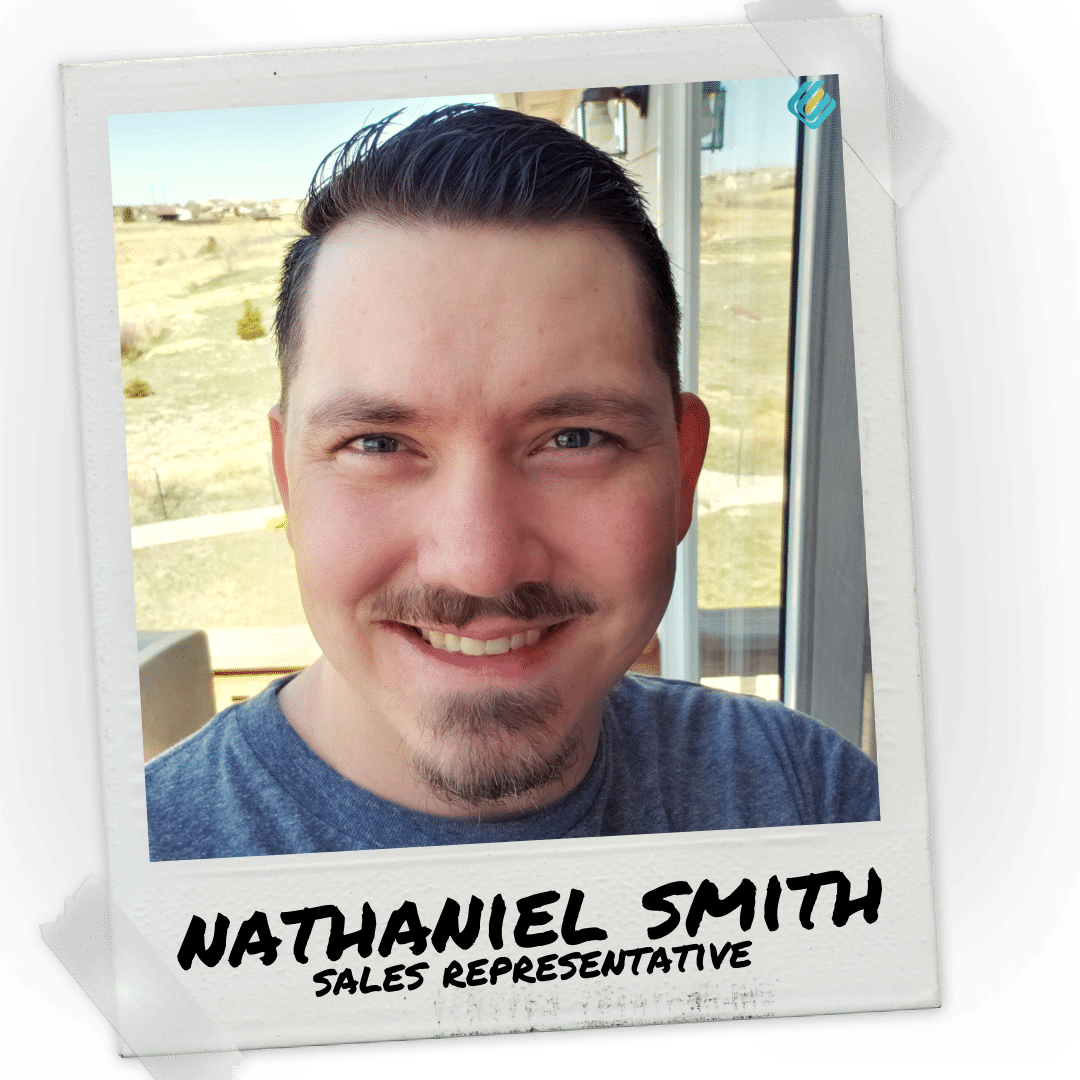
What made you want to work as a Sales Representative at California Casualty?
I was looking for a job that would utilize my sales experience, but also have a welcoming, open culture. My parents, who are teachers and members of California Casualty, recommended I look into CalCas.
What is your favorite part about your job?
The people! Whether they are customers or employees, the people of California Casualty are friendly, open, and fun.
I really love working with my team and fellow Cal Cas employees. The management is very encouraging and development focused. My fellow team members are also very willing to help each other succeed, and encourage each other to do their best. There is also a sense of friendly competition, though most just focus on being the best form of themselves.
What have you learned in your position at California Casualty?
I have learned a great deal about the other side of insurance and how it’s ran as a business.
What are your favorite activities to do outside of the office?
My hobbies include playing video games with my friends online, hanging out with my two daughters, and creating fun costumes of my favorite fictional characters to wear to conventions like ComiCon.
I also enjoy camping and being outside with my dog, family, and friends.
Anything else you would like the audience to know about you?
I am a single father of two amazing little girls.
I am trying to go back to school to finish my degree in Business.
I design and make costumes and costume accessories/props for others and hope to build it into a side business one day.
I own a 3D Printer and enjoy making fun things with it.
If you want to learn more about Nathaniel or are interested in a career at California Casualty, connect with him on LinkedIn! Or visit our careers page at https://www.calcas.com/careers

by California Casualty | News, Safety |
Every year, Independence Day is an opportunity for neighbors to come together to share a meal, catch up, enjoy each other’s company, and celebrate America’s independence. And for many, the evening wouldn’t be complete without fireworks.
A flipside of these celebrations can be disputes between neighbors — usually relating to fireworks and noise levels. Here are some ways to keep the peace and preserve your neighborhood’s sense of community this July 4th.
Whether you’re hosting at home, going to a neighbor’s house, or joining a block party, remember that neighborly respect, courtesy and kindness are key to preventing issues.
- Communicate with Your Neighbors
If you’ll be hosting a get-together, give your neighbors a heads up so they’re not taken by surprise. Remember to let them know when the party will end so they can know when to expect some quiet. If you and your family are the ones being kept awake by loud noise or neighbors past a reasonable hour, reach out in person instead of immediately calling the police. They may have lost track of the time or be unaware of how much the noise is carrying. The soft approach is often the best approach.
If you’re hosting a casual gathering, consider inviting your neighbors to stop by. A low-pressure, informal party is a perfect opportunity to get to know neighbors a little better — especially those whom you’ve only exchanged waves with while taking in the trash cans. Hanging out in the front yard or co-hosting a block party is another option to encourage visits and conversation.
Check out your city’s noise ordinance and do your best to abide by it. Many people work on July 5th and/or have young kids who need sleep, etc. so wrapping up parties and noise by the curfew will be greatly appreciated.
- Practice Fireworks Safety
If you’re thinking of purchasing fireworks, check your city or county government’s website first. Some areas, for reasons such as wildfire risk, ban all fireworks outright (even those that are legal in other cities). If you are in the clear, find a space that you can designate to light them. This area should be far away from anything that could quickly catch fire (i.e., yours and your neighbors’ houses, wooden fences, trees, and shrubs). Before the festivities start, be sure to read up on these firework safety practices.
If you had fireworks at your home, be sure to clean up all lit or unlit fireworks. For one, they are toxic to pets and animals; and two, many leave behind sharp fragments that can injure a barefoot or puncture a tire. If your family attended a block party in the neighborhood or went to a neighbor’s home to celebrate, stay a few minutes afterward and help clean up.
If we’ve learned anything during the pandemic, it’s that we’re not islands unto ourselves. We’re part of communities, neighborhoods, work families, and friend networks. Being considerate and inclusive of our neighbors this holiday is one more way to celebrate the American spirit.
This article is furnished by California Casualty, providing auto and home insurance to educators, law enforcement officers, firefighters, and nurses. Get a quote at 1.866.704.8614 or www.calcas.com.





















